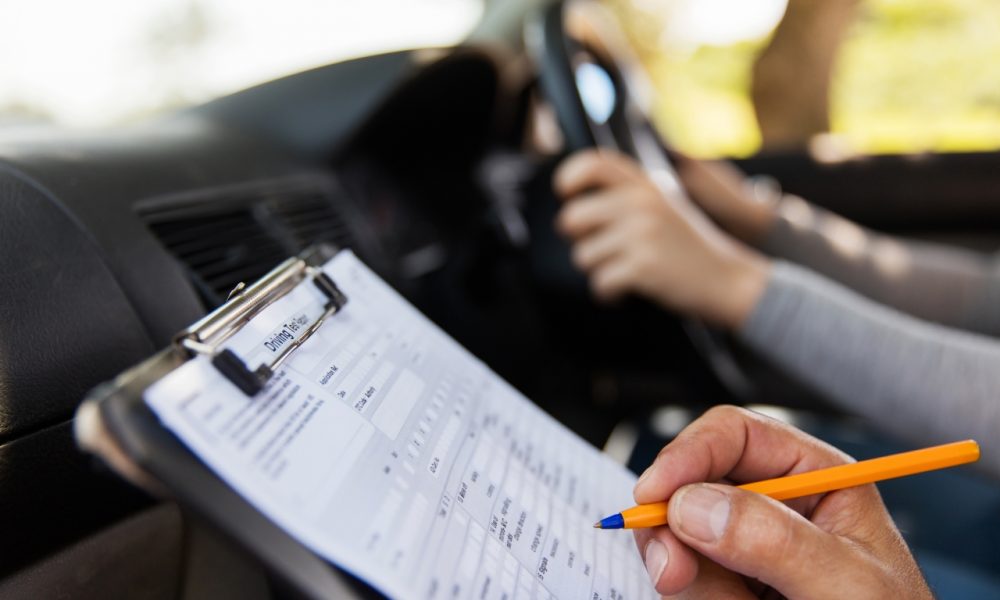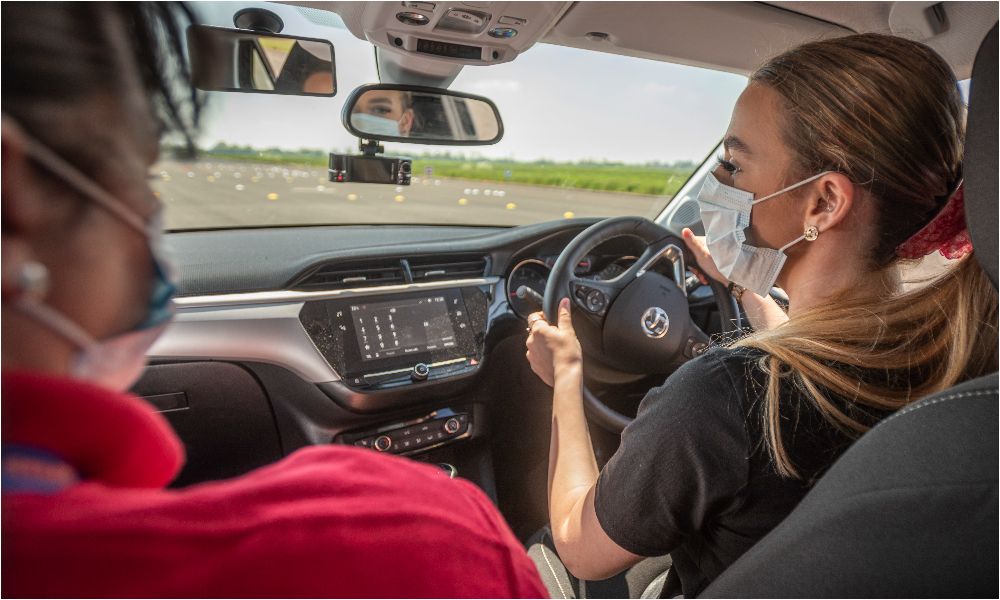Taking your driving test is a crucial step toward gaining independence on the road, but it can also be an intimidating experience. One of the best ways to overcome nerves and ensure success is by practicing regularly before the test. This comprehensive guide will explain why consistent practice is essential, how to structure your learning sessions, and the key areas to focus on to pass your drive test with confidence.
Why Practice is Key to Passing Your Drive Test
The drive test evaluates your ability to operate a vehicle safely in real-world traffic situations. While studying theory is important, it’s your hands-on driving skills that will be tested. Regular practice helps build muscle memory, improves decision-making, and enables you to handle a variety of driving scenarios with confidence. Here’s why practice is so important:
- Familiarity with the Vehicle
Every car feels different, from the steering sensitivity to the brake responsiveness. Practicing regularly in the same vehicle helps you become familiar with its quirks, making you more comfortable and in control during the test. - Boosts Confidence
Confidence plays a significant role in how you perform during the test. The more time you spend behind the wheel, the more comfortable you will become with handling different traffic situations. This ease translates to better decision-making and reduced anxiety during the actual test. - Reduces Risk of Mistakes
Practice helps you become more adept at avoiding common mistakes, such as failing to check blind spots or misjudging distances. These are the types of errors that often result in deductions or even a failed test.
Structuring Your Practice Sessions
To maximize the benefits of your practice, it’s essential to structure your driving sessions effectively. Here are some tips for creating a productive practice routine:
-
Start with Basic Maneuvers
Before diving into complex driving scenarios, ensure that you’re confident with the basics. Practice starting and stopping smoothly, turning, and parking. These fundamental skills will be critical on test day.
-
Gradually Increase Difficulty
Once you feel comfortable with basic vehicle control, start incorporating more challenging driving scenarios. This can include navigating through busy intersections, handling roundabouts, and merging onto highways. The more exposure you have to these situations, the better prepared you’ll be for anything the test throws at you.
-
Drive in Different Conditions
Don’t limit your practice to clear, sunny days. Make sure you experience driving in different weather conditions, such as rain, fog, and at night. The drive test may take place in less-than-ideal weather, and practicing in these conditions will help you develop confidence in any situation.
-
Take Practice Tests
Simulate the test experience by taking practice driving exams. Have a qualified instructor or experienced driver accompany you and evaluate your performance. This mock testing will familiarize you with the test format, making it easier to stay calm and focused on the actual day.
Key Areas to Focus On
There are specific driving skills that you’ll be tested on during your drive test. Here’s a breakdown of the key areas to focus on during your practice:
-
Lane Changes and Merging
Lane changes are a critical aspect of driving that require careful attention to traffic, signaling, and smooth execution. Practicing safe and timely lane changes will help you avoid common mistakes like failing to check mirrors and blind spots.
-
Parallel Parking
For many learners, parallel parking is one of the trickiest parts of the test. Make sure you practice this maneuver until it becomes second nature. Mastering parallel parking in tight spaces will impress your examiner and show that you have excellent control of the vehicle.
-
Adhering to Traffic Laws
Obeying speed limits, stopping completely at stop signs, and yielding when necessary are all vital aspects of the test. Ensure that you practice maintaining appropriate speed and following the rules of the road in various settings.
-
Defensive Driving
Practice defensive driving techniques, such as maintaining a safe following distance and anticipating potential hazards. Examiners look for drivers who can navigate safely and proactively, not just reactively.
Overcoming Nerves on Test Day
Even with extensive practice, it’s natural to feel nervous on the day of your drive test. Here are a few tips to manage anxiety and perform your best:
- Get a Good Night’s Sleep
Being well-rested helps you stay alert and focused during the test. - Arrive Early
Plan to arrive at the test center with plenty of time to spare. This prevents any added stress from rushing and allows you to mentally prepare. - Focus on What You Know
Remind yourself that you’ve practiced extensively and are well-prepared. Focus on executing each task to the best of your ability, rather than worrying about the outcome.
Conclusion
Consistent and focused practice is the key to passing your drive test. By gradually building your skills, mastering essential maneuvers, and gaining confidence behind the wheel, you can ensure that you’re fully prepared for whatever challenges the test may present. Remember, the more you practice, the less intimidating the drive test will feel. With the right preparation, you’ll be well on your way to earning your driver’s license.












